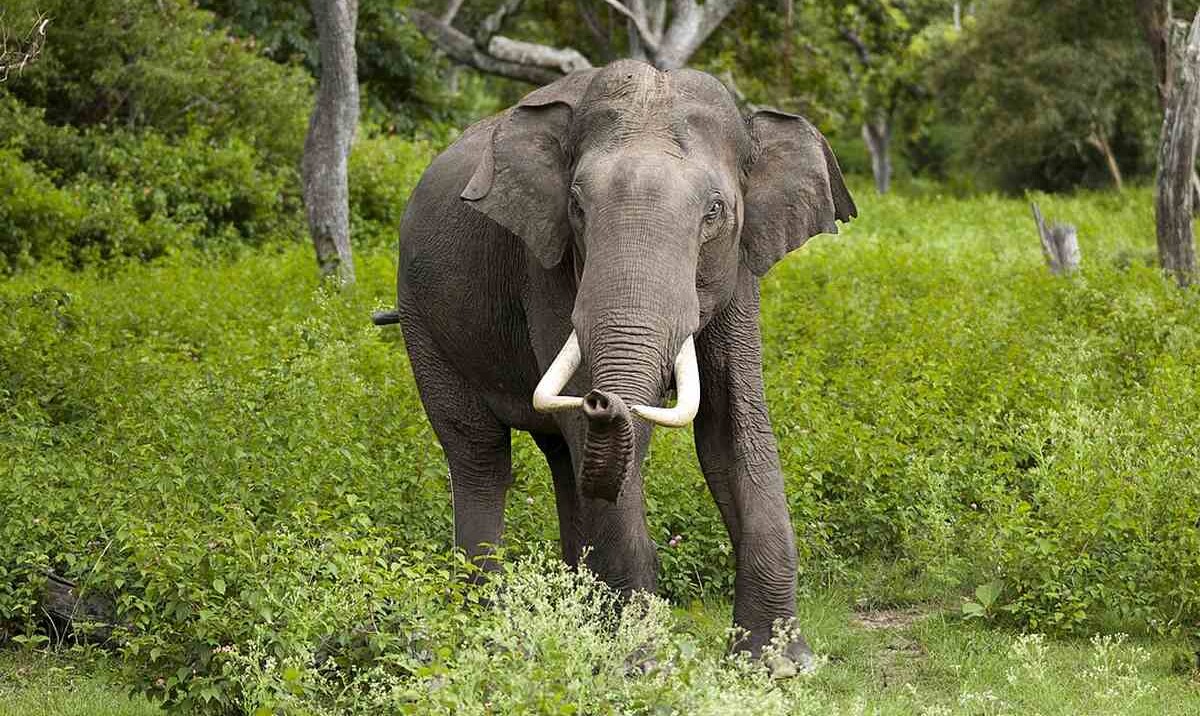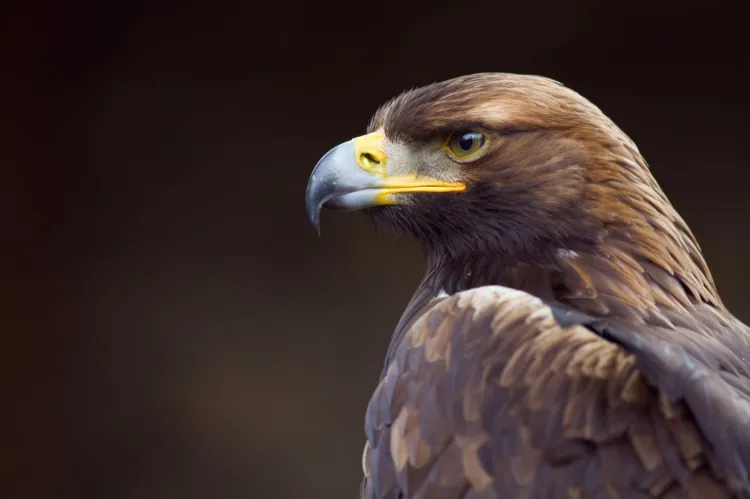Rather than taking their software and programming degrees into the tech sector, two young Kerala men are using them to bring India’s efforts to track, prevent, and punish wildlife crime into the 21st century with a suite of sophisticated apps and tools.
They believe they are the first to bring this level of digitization into wildlife conservation, allowing courts to rapidly process wildlife crime cases, rangers to track and analyze patterns of criminal activity in forests, and much more.
Paper records, written by hand, recorded by memory, are the kind of data that so many ranger teams and criminal prosecutors of wildlife crime have to rely on around the world in the course of their noble work, and India is no exception.
“I realized how there is a gap in the market. There is almost zero technology to track any kind of wildlife crime in India,” said Allen Shaji, co-founder of Leopard Tech Labs. “Working with the Wildlife Trust of India and with their support, our company was able to make HAWK or ‘Hostile Activity Watch Kernel’ with the forest department of Kerala,” he says.
Along with his college buddy and fellow cofounder Sobin Matthew, Leopard Tech Labs developed four unique programs now in use by the Kerala Forest Department, called Cyber HAWK, SARPA (Snake Awareness, Rescue and Protection App), Jumbo Radar, and WildWatch.
“HAWK is an offense management system that includes case handling, court case monitoring, communication management, and wildlife death monitoring,” Allen told The Better India, explaining that before this, all casework was recorded on papers. Now, HAWK can quickly summarize vast amounts of data into various kinds of digital documents, like a Google spreadsheet, PDF, Microsoft Excel, etc.
HAWK can surf the data inputs in seconds, enabling real-time answers to be generated while court or parliament is in session, whether that’s a spreadsheet on the year-over-year rate of elephant deaths, or a police report from the scene of a wildlife crime arrest or trafficking bust.
HAWK is not only used by the authorities, but contains big datasets provided by the IUCN, the world’s largest wildlife conservation organization.

In addition to HAWK, Jumbo Radar allows the forest departments of India to track elephants in real-time in case they should depart a nature reserve, while WildWatch uses machine learning to predict future incidents of human-wildlife conflict before they happen.
In particular, it uses seasonal movements of animals, past records of violence against wildlife, and data on crops including the amount of land cropped, the proximity to nature reserves, and when in the year humans are working on the boundaries of the cropped areas all to predict where conflicts will happen before they do.
“This information allows for targeted interventions, such as advising villagers to relocate or alter crop cultivation practices, thereby mitigating conflicts and promoting coexistence,” Allen says.
Already Leopard Tech Labs’ products are moving beyond Kerala to Tamil Nadu, and three tiger reserves have begun using their suite of solutions. Leopard Tech has even developed an app for Brazil—to help reduce human-snake conflict.
Wildlife trafficking is the third-most lucrative illegal trade in the world, and nations with weak enforcement of environmental laws risk becoming hotbeds for poaching of far more than just elephants and rhinos.
What you can do
Help to save wildlife by donating as little as $1 – It only takes a minute.
This article by Andy Corbley was first published by The Good News Network on 5 January 2024. Lead Image: Indian elephant bull in musth in Bandipur National Park – credit Yathin S Krishnappa CC 3.0.







Leave a Reply